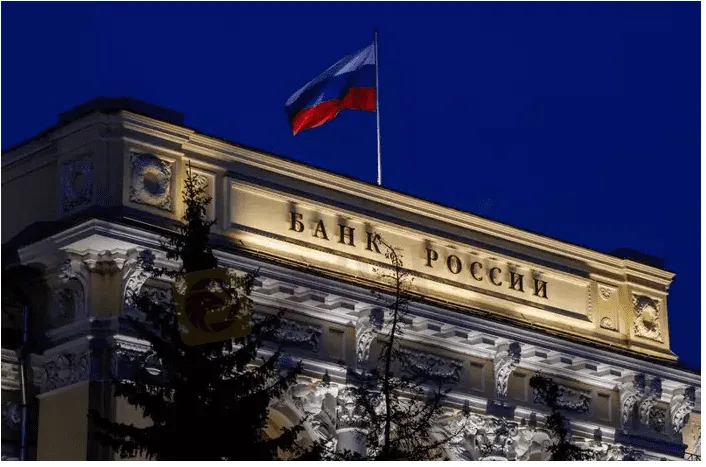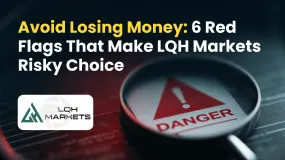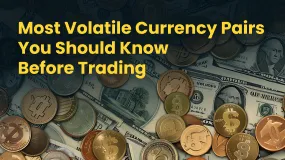简体中文
繁體中文
English
Pусский
日本語
ภาษาไทย
Tiếng Việt
Bahasa Indonesia
Español
हिन्दी
Filippiiniläinen
Français
Deutsch
Português
Türkçe
한국어
العربية
Ukraine keeps key rate unchanged as war fuels inflation
Abstract:Ukraine’s central bank kept its main interest rate unchanged at a seven-year-high of 25% on Thursday and raised its 2022 inflation forecast to more than 30%.

Ravaged by Russia‘s Feb. 24 invasion, Ukraine’s economy fell by around 40% year on year in the second quarter of this year, the central bank said, floating the possibility it could keep its key rate at 25% until the second quarter of 2024.
“The baseline scenario of the macroeconomic forecast envisages that the key policy rate will be maintained at 25% at least until Q2 2024,” the National Bank of Ukraine (NBU) said in a statement.
The Ukrainian economy could shrink by a third in 2022 before recovering next year, and is expected to grow between 5% and 6% in 2023 and 2024, the central bank said.
It warned that a long war with Russia was the key risk to its forecast.
The rate meeting was held hours after the central bank abruptly devalued the hryvnia, the national currency, by 25% against the U.S. dollar to help cope with the impact of the war.
The previous rate of 29.25 had been set at the start of Russias invasion nearly five months ago.
Central bank deputy governor Serhiy Nikolaychuk told a news conference that the devaluation would add 2-3 percentage points to inflation, a projection he said had been taken into account in Thursdays inflation forecast.
The bank could provide 400 billion hryvnia in direct support to the government without fuelling more inflation, and 225 billion of this sum was already allocated through the purchase of war bonds, central bank governor Kyrylo Shevchenko told the news conference.
He said that a new International Monetary Fund programme was expected next year and that Ukraines cooperation with international partners would be a key factor in supporting the economy and contributing to its recovery after the war.
Inflation will slow to 20.7% in 2023 and to 9.4% in 2024 before returning to 5% the following year, the NBU said.
The central bank last met to discuss the key rate on June 2 and hiked it from 10% to 25%, a move that an adviser to President Volodymyr Zelenskiy said at the time was too high.
Shevchenko told reporters that Ukraines foreign currency reserves would decrease to $21 billion by the end of the year.

Disclaimer:
The views in this article only represent the author's personal views, and do not constitute investment advice on this platform. This platform does not guarantee the accuracy, completeness and timeliness of the information in the article, and will not be liable for any loss caused by the use of or reliance on the information in the article.
Read more

Plusonetrade Exposed: Promises High Returns, Delivers Only Trade Losses
Do you feel that Plusonetrade only makes you deposit with high-return promises? Does it deny withdrawals or allow you to take away just the principal amount? Have you been witnessing a lack of customer support to address your withdrawal queries at this forex broker? You have unfortunately trusted a fake broker that is operating without a valid license. The scams are obvious as traders are vehemently opposing the foul play committed by Plusonetrade on broker review platforms.

Avoid Losing Money: 6 Red Flags That Make LQH Markets Risky Choice
The only true way to protect your hard-earned money in the forex market is by staying informed and alert. With the growing number of fraudulent brokers, this dynamic and tempting market has become increasingly risky. Awareness is your best defense. This article serves as another important scam alert, to help you stay safe and avoid losing your money.

Most Volatile Currency Pairs You Should Know Before Trading
Do you think that trading in the most volatile currency pairs is a loss-making proposition? Maybe you are missing out on the profit waiting for you! Yes, you still need to be tactical and strategic when opening and closing positions. However, the increased possibility of dramatic price movements in currency pairs opens up avenues for higher profits while also exposing you to market risks. In this article, we will discuss the most volatile forex pairs worldwide. Read on!

Is Learning Forex Trading Online a Good Idea? Pros and Cons Explained
Forex trading is becoming more popular around the world. To help with this, many brokers are offering forex education courses. Some are free, and some are paid. Some brokers even have special academies to teach trading. This trend is growing fast, but the big question is: Is learning forex online really helpful? And what are the risks that you may not know about? I
WikiFX Broker
Latest News
XS.com Broker Partnership Expands Liquidity with Centroid Integration
EC Markets: A Closer Look at Its Licenses
Housewife Scammed of RM68,242 in Online Investment Scam
ASIC Regulated Forex Brokers: Why Licensing Still Matters in 2025
From Charts to Profits: Unleashing the Power of Forex Trading Tools
FCA Publishes New Warning List! Check It Now to Stay Safe
Forex Hedging Strategies - Calming You Amid Market Chaos
LSEG Announces £1 Billion Share Buyback Program
Ultima Markets enters the UK and gains the FCA license
SEC Lawsuit Targets Real Estate Fraud Scheme by Joseph Nantomah
Currency Calculator


